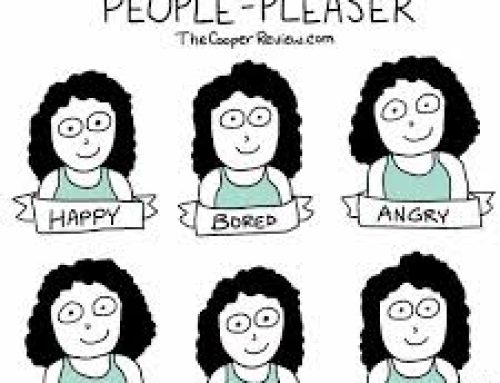Relational Therapy During a Pandemic
During these unprecedented times, we’re spending more time with our families and loved ones than ever before. This can be a great opportunity to bond and improve relationships but on the flip side, it can bring to the surface struggles in our relationships. Relational therapy is a proven method for improving relationship quality. But, is it possible to have a quality therapy together during the pandemic experience online? The answer is a resounding “Yes!”
As a marriage and family therapist, I am trained to work “relationally” to balance viewpoints and shift patterns of interaction. Whether with a couple or several members of a multigenerational family, I often work with more than one client in the room. In my office, I am able to notice nuanced forms of communication (body language, etc.), deflect and re-frame heightened emotion, and use my own body positioning to influence the events of a session. During this pandemic, however, I’ve found it challenging to do everything I am used to during a therapy session. Like many of us, I’ve had to adjust my methods in order to find success from a distance.
Challenging Times
Challenges have included trying to focus on more than one person on screen, interrupting clients during conflict, and managing powerful moments while my face is frozen or my audio is delayed on the clients’ device. I’ve had clients bang their heads together trying to get everyone on screen at the same time. Some clients wander off to other parts of the house or pass me around like a hot potato. Any way we slice it, online therapy is not a perfect medium for working “relationally”.
So, what can we do to help make online relational therapy possible? After 4 months of trial and error, I have some recommendations for making the most of this virtual therapy experience.
Following these recommendations can help improve your virtual relational therapy experience. If you’re considering relational therapy during COVID-19, know that it is possible and impactful if you prepare yourself to be successful.

Gregory Linares, LMFT
Psychotherapist
The Mindly Group, PLLC







